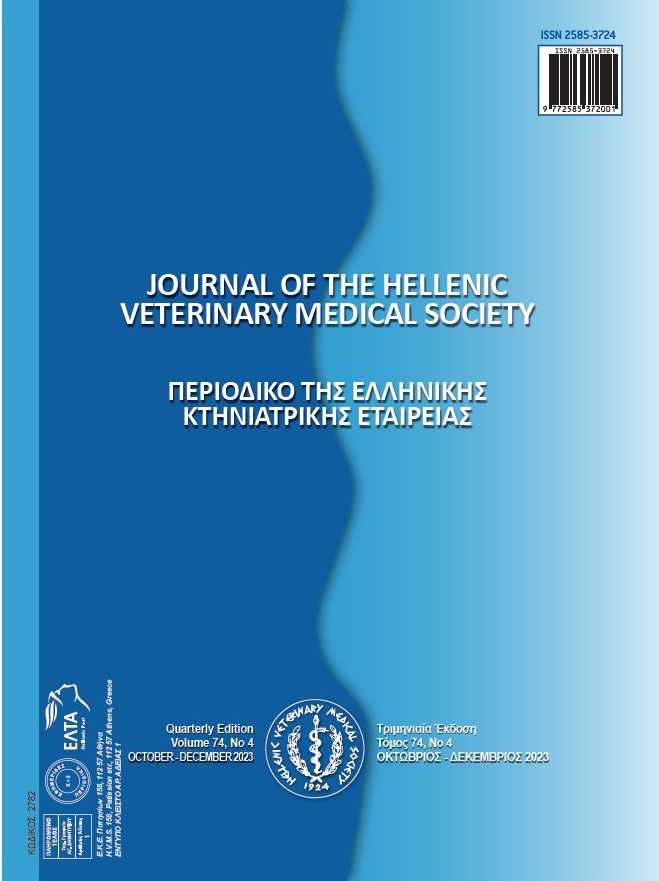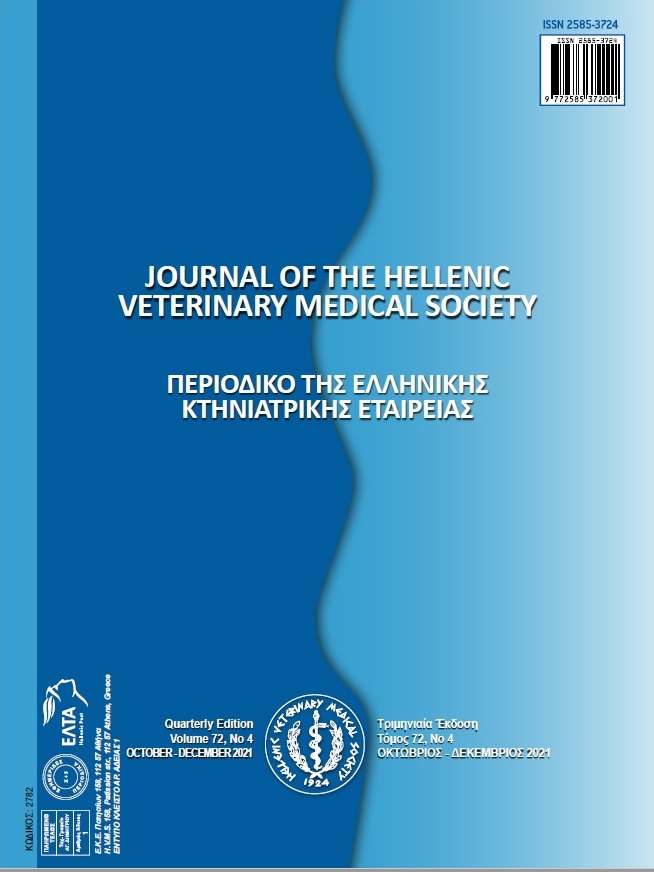The antimicrobial effect of edible film packaging in instant meatballs on Escherichia coli O157:H7
Resumen
In this study, it is aimed to produce both edible films and antimicrobial that can be used as an alternative to plastic films that are mostly used in the market. The usability of whey protein isolate (WPI), which is an important and valuable side product in the field of dairy technology, in the production of edible natural film packaging material by formulating with additional components (glycerol, thyme essential oil (TO), zein, hibiscus extract and hibiscus tea) was investigated. The antimicrobial effects of the films on Escherichia coli O157: H7 were tested, and the effects of edible films and plastic films on the shelf life of meatballs were investigated. Analyzes (microbiological, chemical and sensory) of the prepared hamburger meatballs were performed on different days (0th, 3rd, 5th, 7th, 10 th and 12th) of storage (+ 4 oC). It was determined that all the edible films produced had an antimicrobial effect, the thyme groups extended the shelf life of meatballs by 7 days compared to the control group, and the other film groups provided a 5 days longer shelf life, again, compared to the control group. It was observed that especially the thyme-added groups degraded Escherichia coli O157: H7 at a rate of 2 logarithms (102) and the other groups at a rate of 1 logarithm. It has been determined that all natural films (except for zein 1% water) preserve their physical structure during the storage days (0th, 3rd, 5th, 7th, 10th and 12th) and do not add any undesirable quality to the meatballs.
Article Details
- Cómo citar
-
Kavrut, E., & Sezer, Ç. (2024). The antimicrobial effect of edible film packaging in instant meatballs on Escherichia coli O157:H7. Journal of the Hellenic Veterinary Medical Society, 75(1), 7059–7072. https://doi.org/10.12681/jhvms.34084
- Número
- Vol. 75 Núm. 1 (2024)
- Sección
- Research Articles

Esta obra está bajo una licencia internacional Creative Commons Atribución-NoComercial 4.0.
Authors who publish with this journal agree to the following terms:
· Authors retain copyright and grant the journal right of first publication with the work simultaneously licensed under a Creative Commons Attribution Non-Commercial License that allows others to share the work with an acknowledgement of the work's authorship and initial publication in this journal.
· Authors are able to enter into separate, additional contractual arrangements for the non-exclusive distribution of the journal's published version of the work (e.g. post it to an institutional repository or publish it in a book), with an acknowledgement of its initial publication in this journal.
· Authors are permitted and encouraged to post their work online (preferably in institutional repositories or on their website) prior to and during the submission process, as it can lead to productive exchanges, as well as earlier and greater citation of published work.




